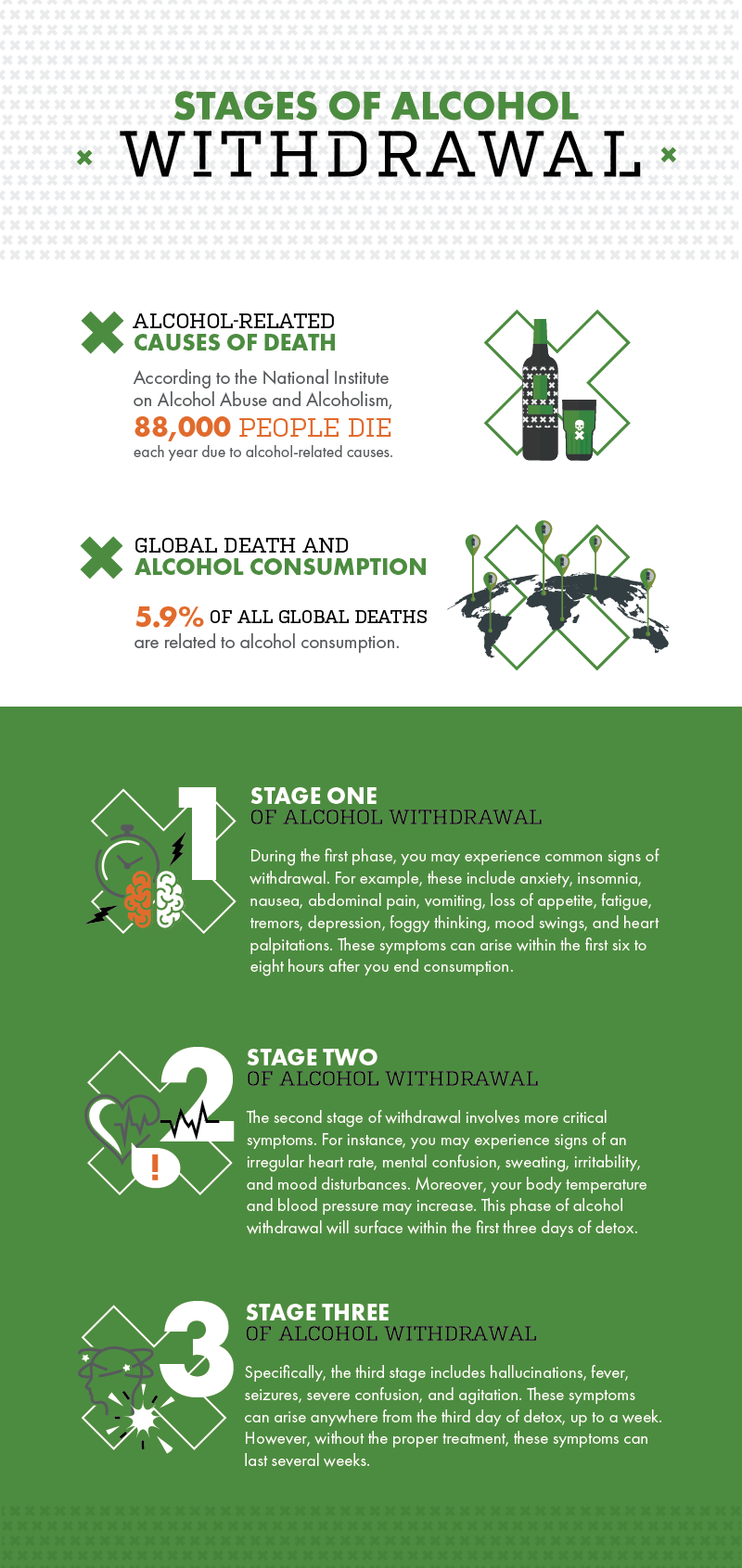Check Out Approaches To Aid A Loved One During Their Drug Rehab Process While Additionally Securing Your Own Physical And Emotional Health
Check Out Approaches To Aid A Loved One During Their Drug Rehab Process While Additionally Securing Your Own Physical And Emotional Health
Blog Article
Alcohol Addiction Treatment Program Florida Composed By-Jefferson Seerup
Sustaining a liked one in Drug rehabilitation can be both difficult and fulfilling. It's important to recognize their trip and just how your role fits into their recovery. From reliable communication to establishing healthy and balanced boundaries, your technique can substantially influence their progress. Yet just how do you balance being encouraging without losing on your own in the process? Checking out these strategies can aid you develop a caring setting for both of you.
Understanding the Rehabilitation Process and Your Role
When a loved one gets in rehab, comprehending the procedure and your role can considerably influence their recovery trip.
You'll discover that rehab commonly includes a number of phases, including detoxification, therapy, and aftercare. Each phase plays a critical part in helping your liked one gotten rid of dependency.
Your support can make a distinction; being present and encouraging them to take part in therapy is essential. It's necessary to educate yourself regarding the rehabilitation procedure, so you can better comprehend what they're experiencing.
Remember, your role isn't to fix their troubles but to provide unwavering support. This can aid develop trust and reinforce your partnership as they navigate their healing path.
Stay positive and patient; modification takes some time, but your inspiration can inspire hope.
Reliable Interaction Approaches
Clear interaction is essential to supporting your enjoyed one in rehab. When you speak with them, be sincere and open while additionally paying attention actively. Use favorable language to encourage them and prevent judgmental comments that might push them away.
Ask flexible questions to help them express their sensations and experiences. If they share something difficult, validate their feelings rather than trying to deal with the situation quickly. It's important to stay person, as they mightn't always be ready to speak.
Set aside interruptions throughout discussions to show them they matter. Lastly, sign in frequently but value their space; balance is important. By fostering a helpful discussion, you help them feel enjoyed and understood during this challenging time.
Maintaining Healthy Borders and Self-Care
While sustaining a liked one in rehabilitation, it's critical to keep healthy boundaries to protect your very own well-being.
Establish what https://www.nny360.com/communitynews/healthmatters/counties-preparing-mandatory-in-jail-medication-treatment-programs-for-substance-addiction/article_7fb5709e-daab-5d00-ac75-b0b6a71b59fb.html fit with and connect those limits plainly. Keep in mind, it's okay to say no to requests that drain your psychological sources.
Prioritize self-care by taking part in activities that bring you joy and relaxation. Whether it's workout, hobbies, or spending quality time with pals, guarantee you're taking time on your own.
It's additionally helpful to look for support from others, like a therapist or support group, to share your sensations and experiences.
By maintaining borders and concentrating on self-care, you not just aid yourself but likewise create a much healthier atmosphere for your enjoyed one's healing.
WhiteSands is crucial for both of you.
Conclusion
Supporting an enjoyed one in Drug rehab isn't simple, but your motivation can make a difference. By recognizing the rehabilitation process, communicating effectively, and preserving healthy and balanced limits, you're producing a supportive atmosphere for their recuperation. Bear in mind, it's equally as important to take care of yourself throughout this trip. Keep client and caring, and don't hesitate to seek support on your own, as well. Your love and assistance can be a powerful part of their recovery process.
